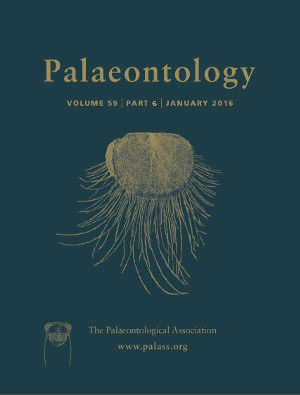Reg. Charity No. 1168330

Palaeontological data are key elements for inferring ancestral character states and the assembly of character complexes, but cephalopod fossils preserving soft tissues are very rare. The exceptionally well‐preserved, unique specimen of Jurassic Proteroctopus ribeti Fischer & Riou from the Lagerstätte of La‐Voulte‐sur‐Rhône (c. 165 Ma, France) is one of the few fossil octopod related taxa, but is rarely considered in evolutionary studies. In this paper, we used synchrotron microtomography to reappraise its external characters and for the first time, to reveal its internal structures. A unique character association is found with two fins, head fused to the body, eight well‐developed arms with cirri and two rows of oblique suckers, a gladius and absence of an ink sac. The phylogenetic analysis indicates that Proteroctopus is a basal member of the Vampyropoda. However, this result should be interpreted with caution due to the number of unknown character states in the matrix. Contrary to previous assumptions, the phylogenetic position of Proteroctopus, as well as its stratigraphic occurrence, suggest that the arrangement of biserial suckers may be the ancestral condition in Vampyropoda.